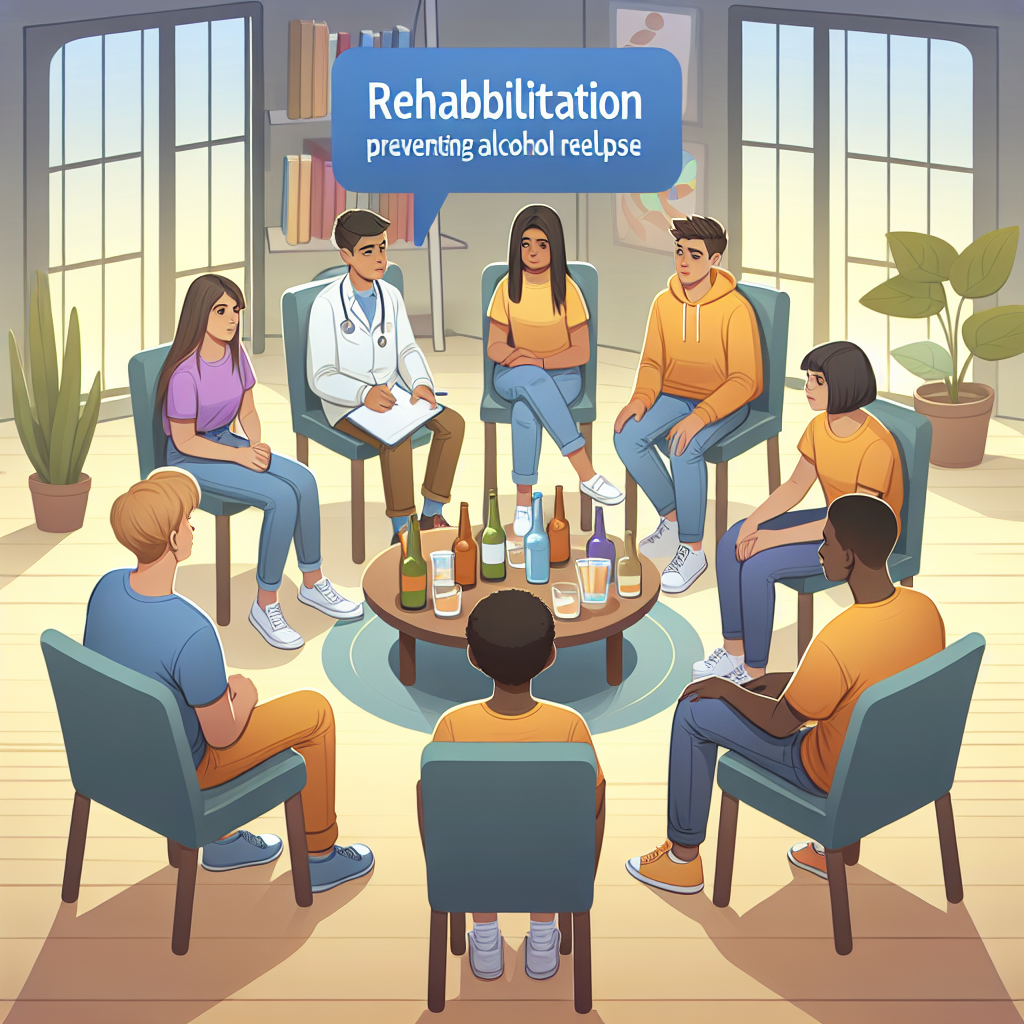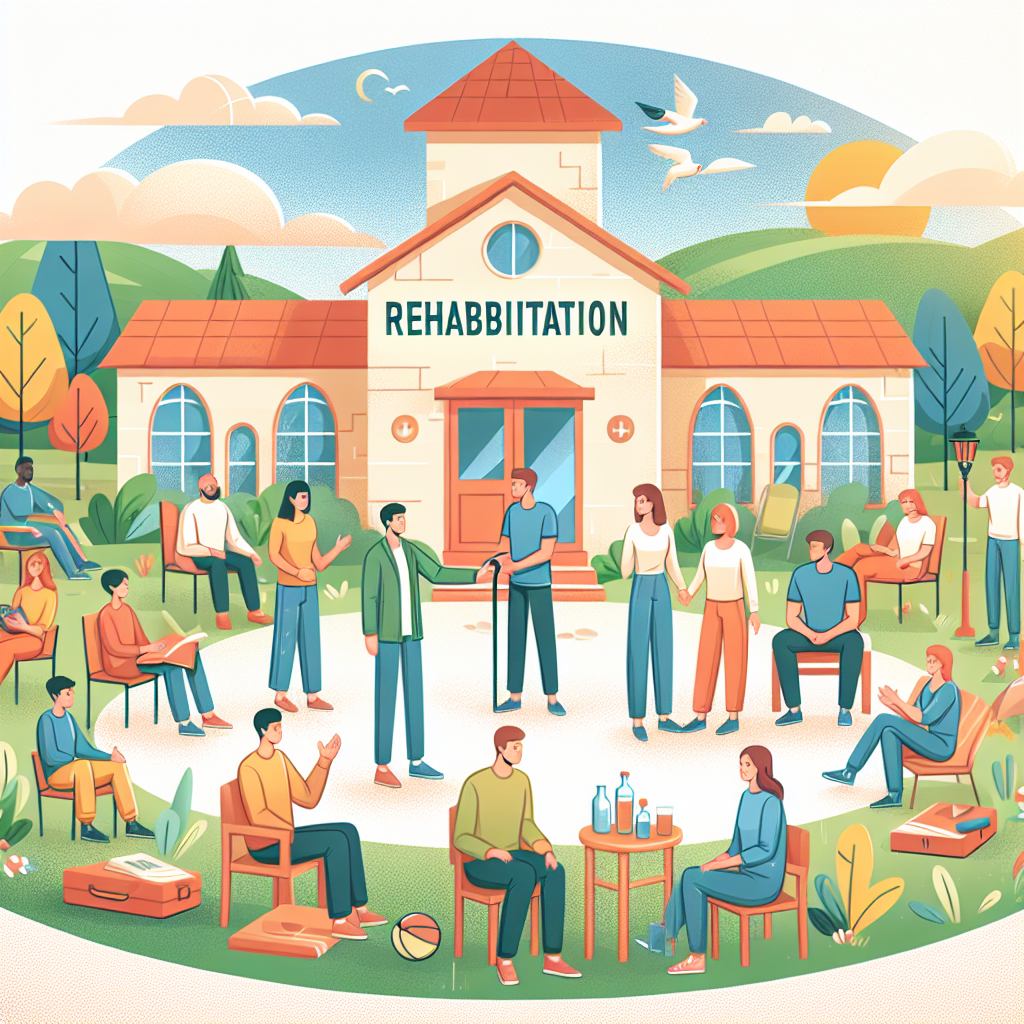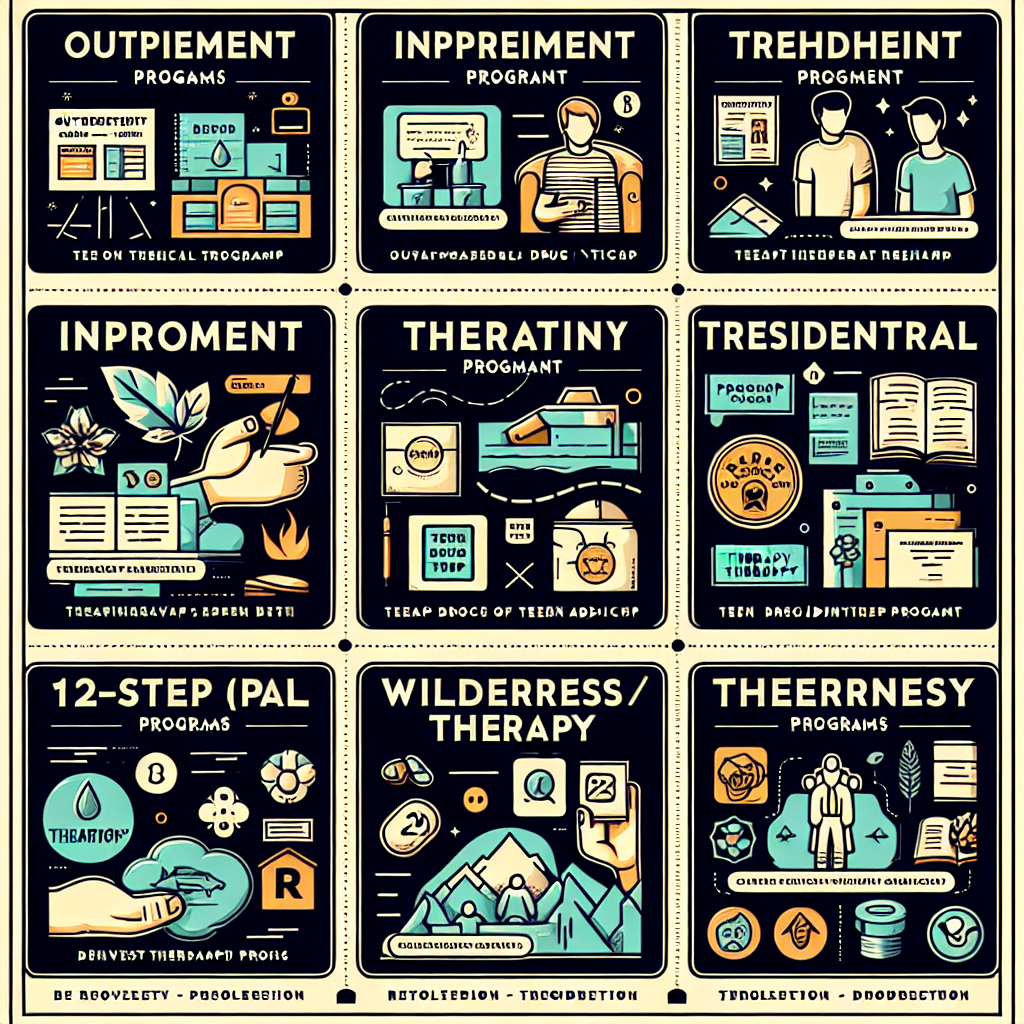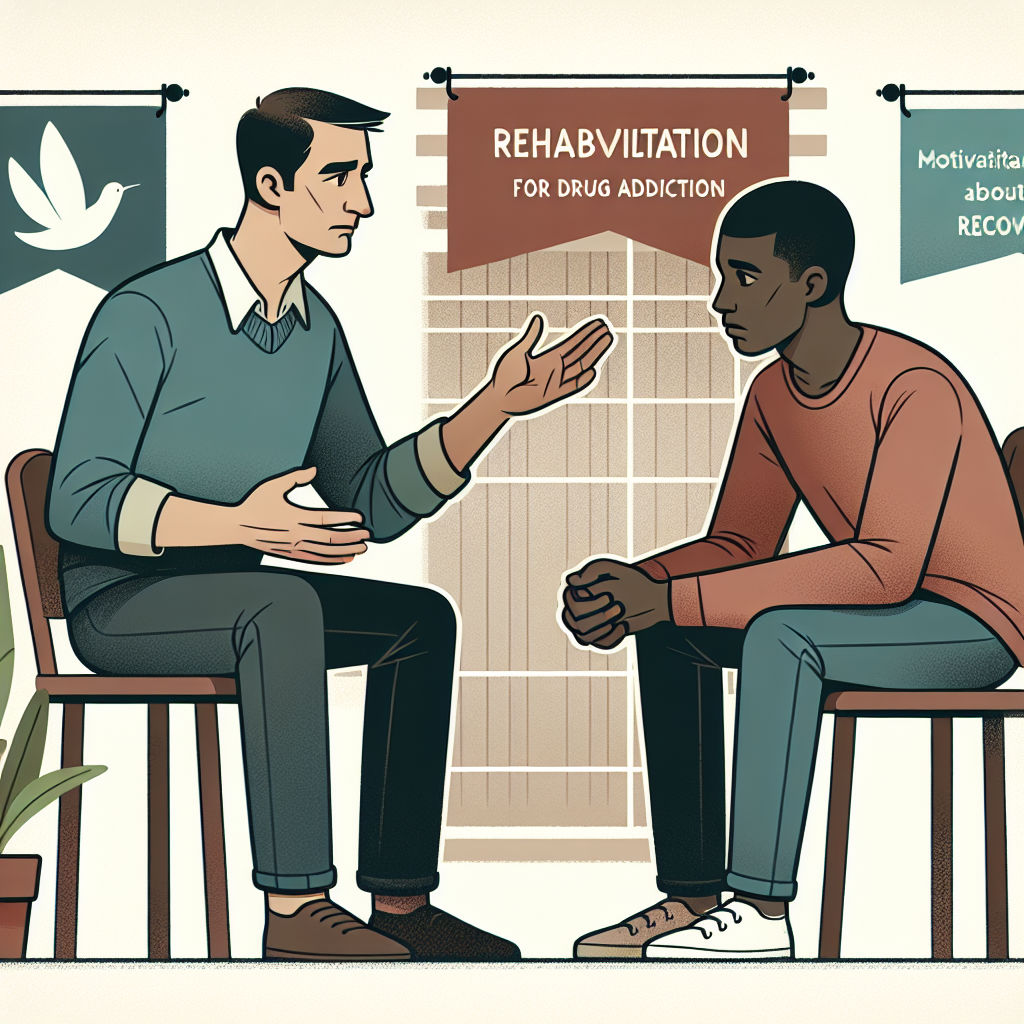-
Table of Contents

“Empowering Teens: Rehab as the Foundation for Lasting Sobriety”
Introduction
The Role of Rehab in Preventing Relapse in Teen Alcoholics
Adolescence is a critical developmental period marked by significant physical, emotional, and social changes. Unfortunately, it is also a time when many teenagers experiment with alcohol, often leading to patterns of abuse and dependency. Teen alcoholism is a pressing public health issue that necessitates comprehensive intervention strategies to mitigate its long-term consequences. Rehabilitation programs play a pivotal role in addressing this challenge by providing structured environments, therapeutic support, and educational resources tailored to the unique needs of young individuals. These programs are designed not only to facilitate initial recovery but also to equip teens with the skills and resilience needed to prevent relapse. By fostering a holistic approach that includes medical treatment, psychological counseling, family involvement, and peer support, rehab centers aim to create a sustainable path to sobriety and overall well-being for teen alcoholics.
The Importance of Comprehensive Rehab Programs in Preventing Relapse Among Teen Alcoholics
The journey to recovery for teen alcoholics is fraught with challenges, but comprehensive rehab programs play a pivotal role in preventing relapse and fostering long-term sobriety. These programs are designed to address the multifaceted nature of addiction, recognizing that it is not merely a physical dependency but also a psychological and emotional struggle. By offering a holistic approach, comprehensive rehab programs provide teens with the tools and support they need to navigate the complexities of recovery and build a foundation for a healthier future.
One of the key components of comprehensive rehab programs is individualized treatment plans. Each teen’s experience with alcohol addiction is unique, influenced by a variety of factors such as genetics, environment, and personal history. Therefore, a one-size-fits-all approach is insufficient. Tailored treatment plans ensure that each teen receives the specific care and attention they need, addressing their unique triggers and underlying issues. This personalized approach increases the likelihood of successful recovery and reduces the risk of relapse.
Moreover, comprehensive rehab programs often incorporate a combination of therapies to address the different aspects of addiction. Cognitive-behavioral therapy (CBT) is commonly used to help teens identify and change negative thought patterns and behaviors associated with their addiction. By learning to recognize these patterns, teens can develop healthier coping mechanisms and make more positive choices. Additionally, family therapy is an integral part of many rehab programs, as it helps to repair and strengthen family relationships that may have been damaged by the teen’s addiction. A supportive family environment can be a crucial factor in preventing relapse, providing teens with a network of encouragement and accountability.
In addition to therapy, comprehensive rehab programs also emphasize the importance of education and life skills training. Many teens struggling with alcohol addiction have fallen behind in their academic pursuits or lack essential life skills. By offering educational support and life skills training, rehab programs help teens to rebuild their confidence and prepare for a successful future. This holistic approach not only addresses the immediate issue of addiction but also equips teens with the tools they need to thrive in all areas of their lives.
Furthermore, aftercare planning is a critical component of comprehensive rehab programs. Recovery does not end when a teen leaves the rehab facility; in fact, it is just the beginning. Aftercare planning involves creating a detailed plan for ongoing support and resources to help teens maintain their sobriety. This may include continued therapy, support group meetings, and regular check-ins with a counselor. By providing a structured plan for aftercare, rehab programs help teens to stay on track and avoid the pitfalls that can lead to relapse.
The importance of peer support cannot be overstated in the recovery process. Comprehensive rehab programs often include group therapy sessions where teens can connect with others who are going through similar experiences. These peer support groups provide a sense of community and understanding, helping teens to feel less isolated and more motivated to stay sober. The bonds formed in these groups can be a powerful source of encouragement and accountability, further reducing the risk of relapse.
In conclusion, comprehensive rehab programs play a vital role in preventing relapse among teen alcoholics by offering a holistic and individualized approach to treatment. By addressing the physical, psychological, and emotional aspects of addiction, these programs provide teens with the tools and support they need to achieve and maintain sobriety. Through a combination of therapy, education, life skills training, aftercare planning, and peer support, comprehensive rehab programs empower teens to overcome their addiction and build a brighter future.
How Family Involvement in Rehab Can Help Prevent Relapse in Teen Alcoholics
Family involvement in the rehabilitation process plays a crucial role in preventing relapse among teen alcoholics. When a teenager struggles with alcohol addiction, it is not just the individual who suffers but the entire family unit. Therefore, engaging the family in the rehab process can create a supportive environment that fosters long-term recovery. This involvement begins with understanding the nature of addiction and the specific challenges that teenagers face. By educating themselves, family members can better empathize with their loved one’s struggles and provide the necessary emotional support.
One of the primary ways family involvement aids in preventing relapse is through the establishment of a stable and nurturing home environment. A supportive family can help reduce the stress and anxiety that often trigger relapse. When teens feel understood and supported, they are more likely to stay committed to their recovery journey. Moreover, family members can help identify and mitigate potential triggers within the home, creating a safer space for the recovering teen. This proactive approach can significantly reduce the risk of relapse.
Additionally, family therapy sessions are an integral part of many rehab programs. These sessions provide a platform for open communication, allowing family members to express their feelings and concerns in a controlled environment. Through these dialogues, underlying issues that may have contributed to the teen’s addiction can be addressed. Resolving these issues can lead to healthier family dynamics, which are essential for the teen’s recovery. Furthermore, family therapy can teach members effective communication skills and coping strategies, which are invaluable tools in preventing relapse.
Another critical aspect of family involvement is the reinforcement of positive behaviors and the celebration of milestones. Recovery is a long and challenging process, and recognizing the teen’s progress can boost their morale and motivation. Families can play a pivotal role in this by acknowledging small victories and encouraging their loved one to continue striving for sobriety. This positive reinforcement can make a significant difference in the teen’s outlook on their recovery journey.
Moreover, family members can serve as accountability partners. By staying actively involved in the teen’s life, they can help monitor their progress and ensure they are adhering to their recovery plan. This might include attending support group meetings together, participating in sober activities, or simply being there to listen when the teen needs to talk. This level of involvement can provide the teen with a sense of responsibility and commitment to their sobriety, reducing the likelihood of relapse.
In addition to emotional support, practical support from family members is equally important. This can include helping the teen manage their daily routines, ensuring they attend therapy sessions, and assisting with any logistical needs related to their recovery. By alleviating some of the practical burdens, families can allow the teen to focus more on their healing process.
Ultimately, the role of family in preventing relapse among teen alcoholics cannot be overstated. Their involvement provides a foundation of support, understanding, and accountability that is essential for long-term recovery. By actively participating in the rehab process, families can help their loved ones navigate the challenges of addiction and build a healthier, sober future. This collaborative effort not only strengthens the individual but also fosters a resilient family unit capable of overcoming adversity together.
Q&A
1. **Question:** How does rehabilitation help in preventing relapse among teen alcoholics?
**Answer:** Rehabilitation provides structured support, therapy, and education that address the underlying issues of addiction, teach coping strategies, and promote healthy lifestyle changes, which collectively help in preventing relapse among teen alcoholics.
2. **Question:** What specific therapies are commonly used in rehab to prevent relapse in teen alcoholics?
**Answer:** Common therapies used in rehab to prevent relapse in teen alcoholics include Cognitive Behavioral Therapy (CBT), family therapy, motivational interviewing, and group therapy sessions.
Conclusion
Rehabilitation plays a crucial role in preventing relapse among teen alcoholics by providing structured support, education, and therapy tailored to the unique needs of adolescents. Rehab programs offer a safe environment where teens can develop coping strategies, address underlying psychological issues, and build a supportive network of peers and professionals. Through a combination of individual and group therapy, family involvement, and aftercare planning, rehab helps teens understand the triggers of their addiction and equips them with the tools necessary to maintain long-term sobriety. Ultimately, the comprehensive approach of rehabilitation significantly reduces the likelihood of relapse, fostering healthier, more resilient individuals.



